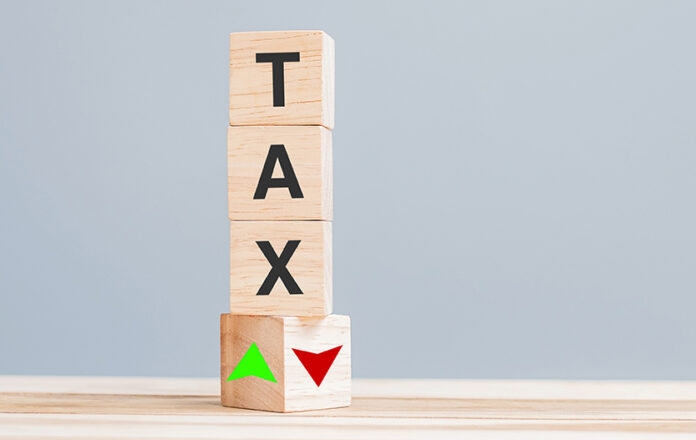The World Bank has advised Pakistan to adopt a more progressive tax system by imposing higher taxes on the wealthiest income groups, while also eliminating exemptions that disproportionately benefit high earners.
According to the latest World Bank report, “South Asia Development Update, Taxing Times,” the country can enhance its tax collection by revising income tax brackets and bringing the highest earners under more substantial tax obligations.
The report also addressed concerns about Pakistan’s tax system, stating that its relatively broad range of tax rates and income thresholds makes it a progressive model compared to many other emerging market and developing economies (EMDEs).
However, it warned that the country’s tax buoyancy remains below average, signaling that much of its tax revenue is still tied to slow-growing economic sectors.
Pakistan’s tax revenues are heavily reliant on consumption-based taxes such as sales tax and excise duties, which make up a larger share of total revenue compared to income taxes. The report suggested that the government must focus on taxing agricultural activities, which contribute significantly to the economy yet remain lightly taxed compared to non-agriculture sectors.
The World Bank highlighted that Pakistan’s tax-to-GDP ratio is lower than other regional countries, with notable revenue shortfalls since 2020. It noted that the agricultural sector, in particular, continues to benefit from low-income tax rates despite accounting for about one-fifth of the country’s growth during the 2010-2019 period.
In terms of economic growth, the World Bank forecasted a 2.7% growth rate for fiscal year 2024-25, up from 2.5% in the previous year. The country’s agricultural sector had its best performance in almost two decades, although industrial output contracted. Inflation has been on a downward trajectory, easing to 0.7% by March 2025 from nearly 40% in mid-2023, contributing to stabilization in the currency and an overall positive fiscal environment.
Despite the improved fiscal outlook, the World Bank stressed that challenges remain in raising revenue and streamlining the tax collection system. It called for deeper reforms to improve tax administration and compliance, which would be crucial for sustaining the country’s long-term economic stability and ensuring that future generations benefit from stronger financial infrastructure.




